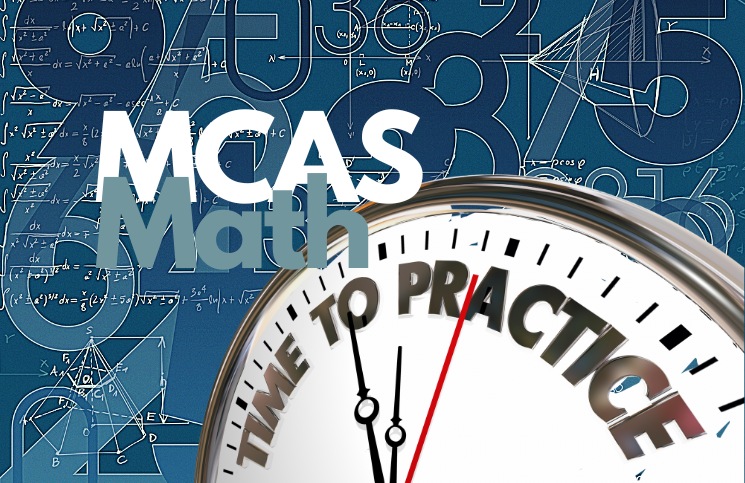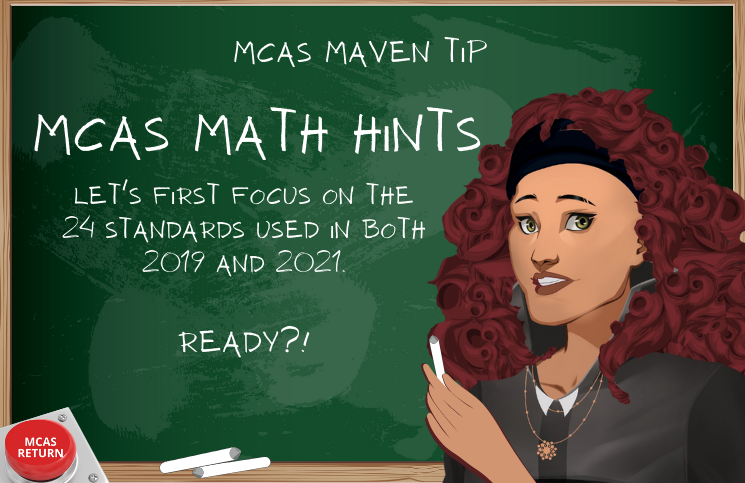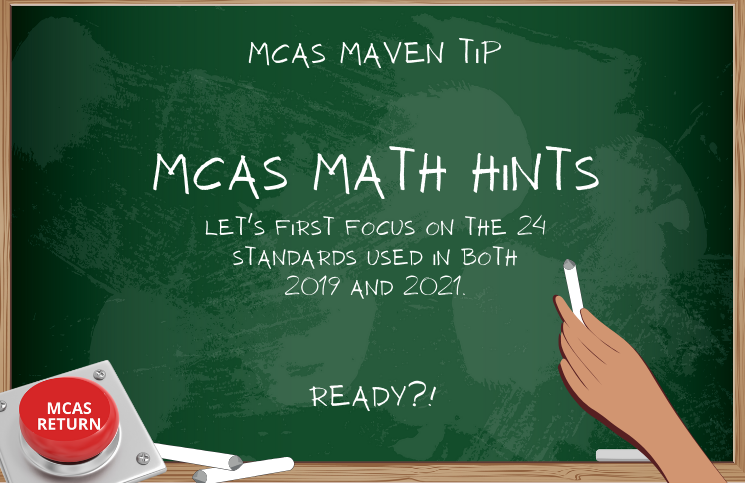
The Long and Short of MCAS Review
by Joan Reissman 11 math standards make the difference What’s the best way to prepare for MCAS? Practice and review, of course. Test preparation is not a substitute for long-term cumulative learning; but review and practice are tried and true methods to strengthen skills and build knowledge, regardless of test













